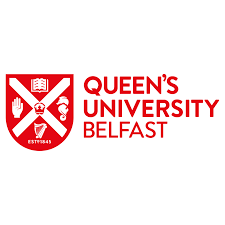
BSc in Economics and Accounting
Queen's University Belfast, Belfast


Queen's University Belfast, Belfast

BSc in Economics and Accounting
Queen's University Belfast, Belfast
It is a top-ranked institution verified by QS
Degree
Undergraduate
Duration
36
Course Type
With Co-op
Co-op education gives you real-world experience in a job related to your studies.
INR
21.96L
USD 25832
1st Year Tuition Fees
Opening Soon
Not Required